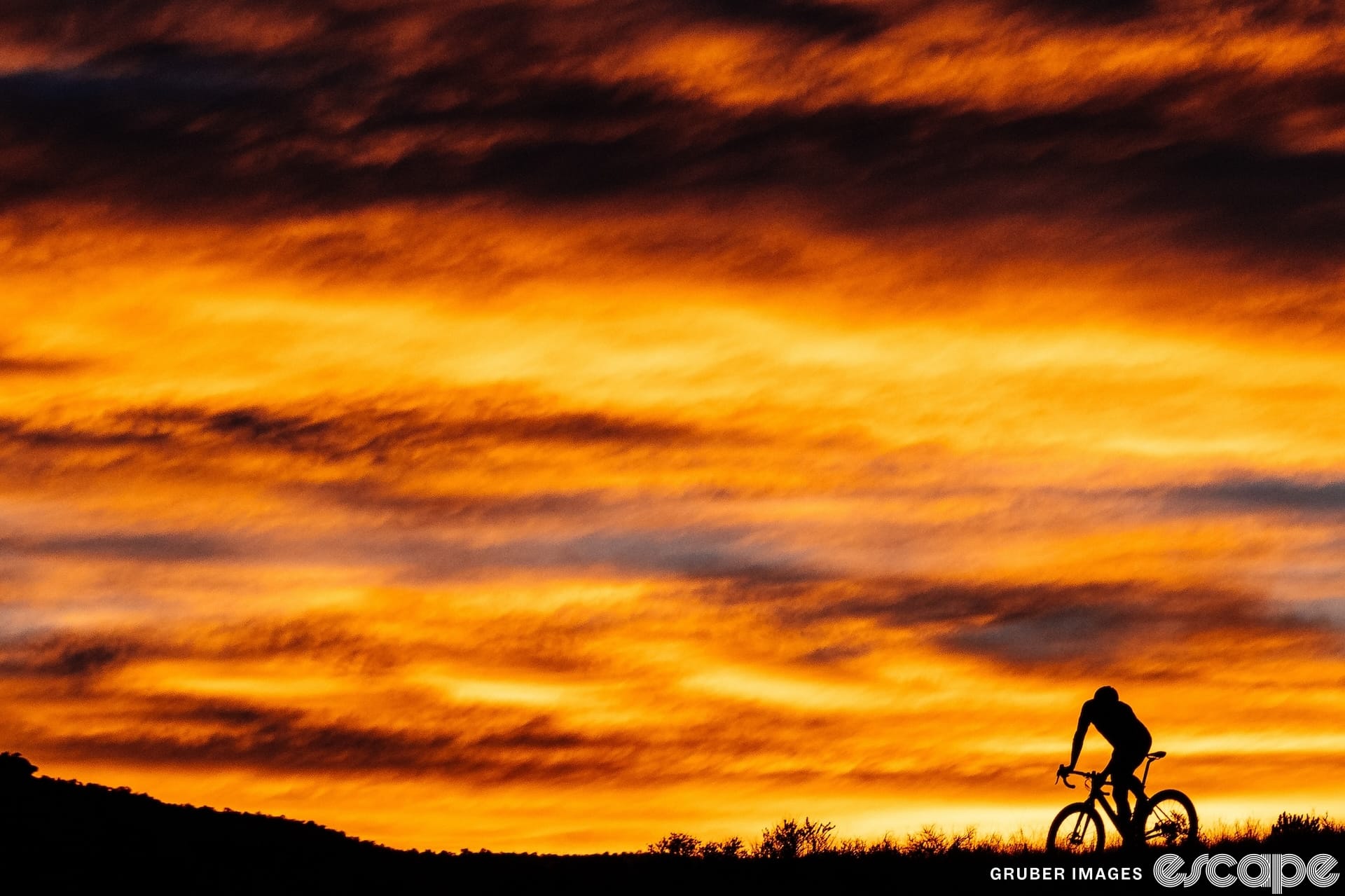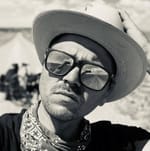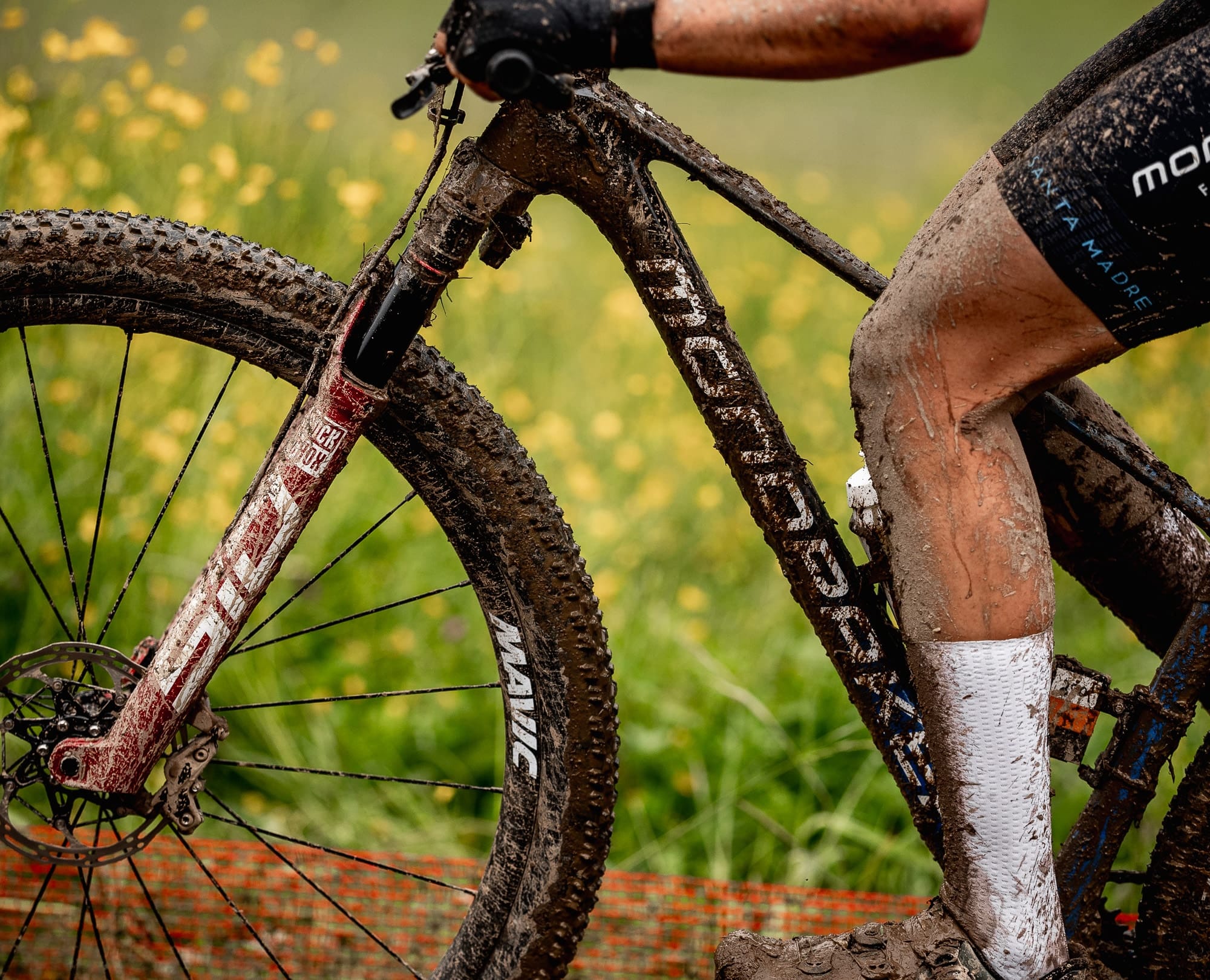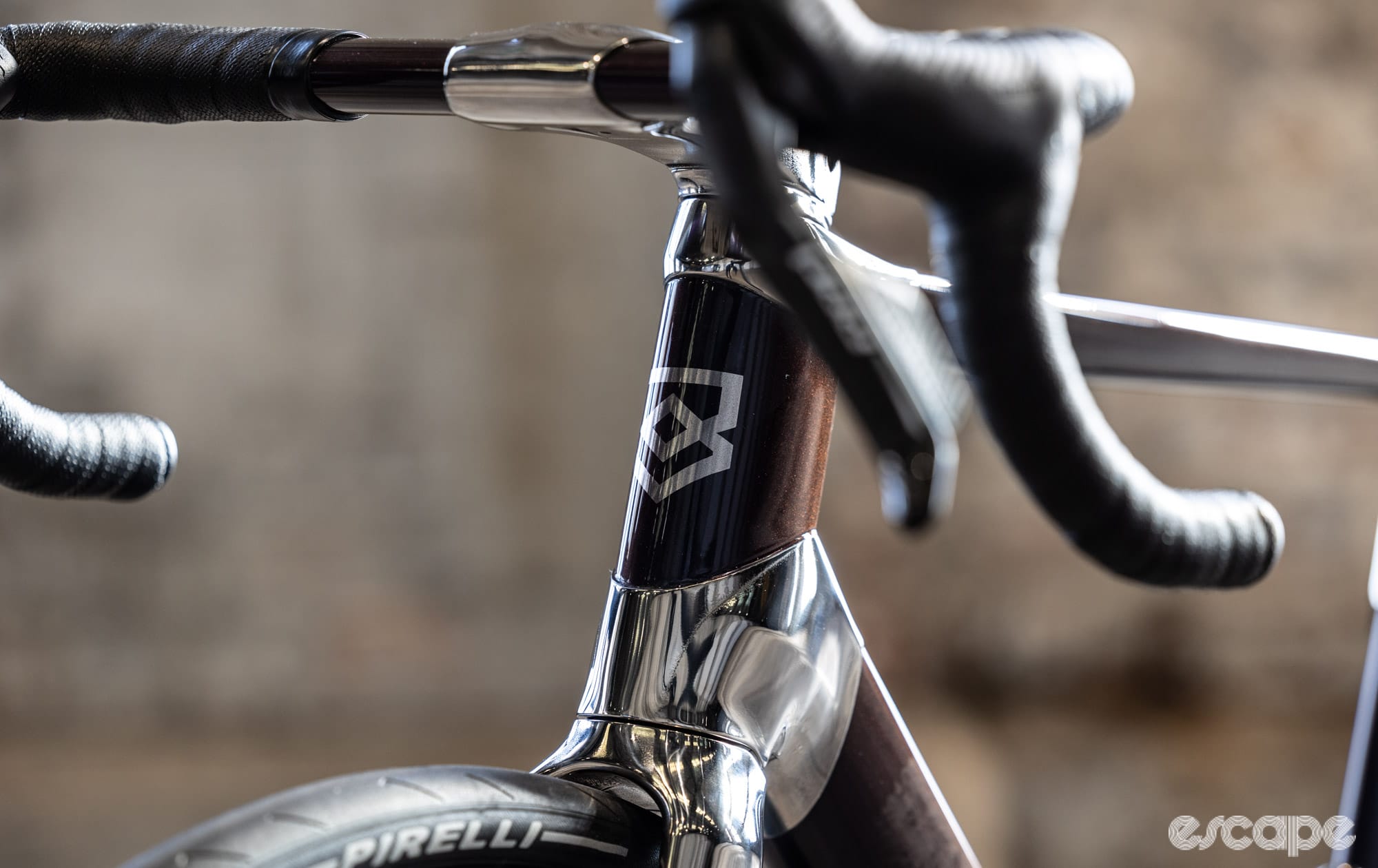The sun was getting low as I crossed the Rio Grande Gorge into Taos, New Mexico. I was silently celebrating when the sky opened up and dumped rain again. But I couldn’t even care.
Three days earlier, I had set out on my first cycling tour, from Boulder, Colorado to Taos. When I left Boulder, I wasn’t sure I could actually do it. Some of my friends joked about where they’d have to come pick me up. The uncertainty, the maybe, played a major role in my motivation. The fact that I didn’t know if I could was what made me feel like I had to.
There’s a bit of relevant context first. My mother’s family is all from New Mexico. Both sides, very old families. I visited New Mexico as a kid. But, aside from that, and my grandmother’s house, I was entirely estranged from the culture. I grew up believing I was Mexican. That's what I told people when I was asked. Turns out, I was not. But as a child in rural Texas, nobody was going to explain to you the nuances of Mestizo identities. I didn’t learn the difference until years later. Which was also when I found out I’m Indigenous.
After doing a DNA test, studying the history of northern New Mexico and southern Colorado, and doing some genealogy, I figured out I was Tiwa Pueblo, people who have lived for centuries in the area. Which is why I decided to ride there. I had a major gap in my identity. And as far as I could tell, it was the part that differentiated me from the Universal Subject. Making it the important part. All of this pointed me to Taos.
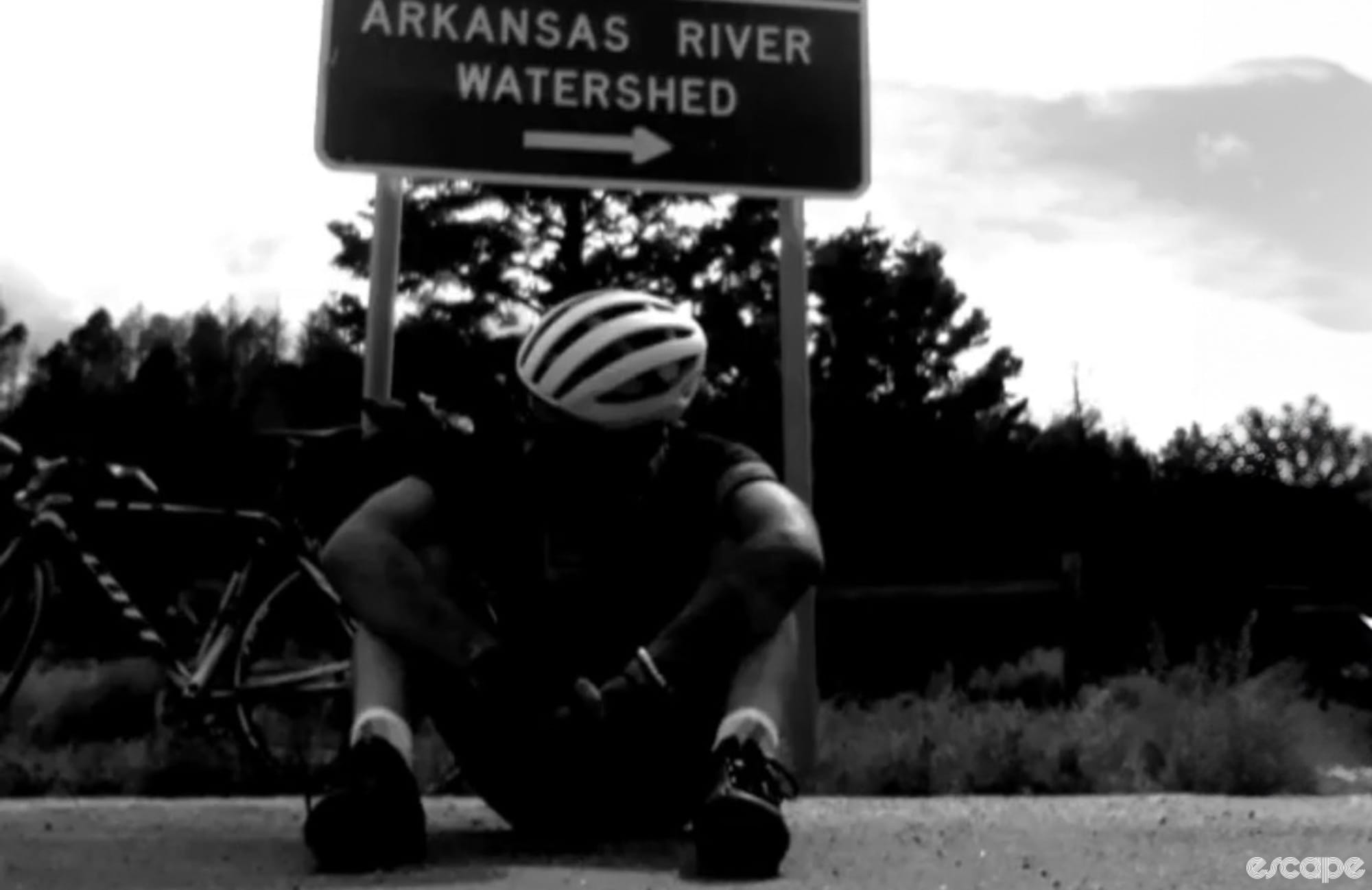
The first day of that ride is still the most climbing I’ve ever done. I didn’t realize it until I mapped it later, but the first 50 miles on US285 out of Denver were all slightly uphill. None of it seemed steep until I hit this little town called Bailey. That was the beginning of the ascent up Kenosha Pass. On a normal day, it might not be that hard of a climb. But at the end of a full day of riding from dawn, it was fucking brutal.
As soon as I started the climb, the sky darkened, and it began to rain. I hoped it would be brief, but it only got worse. About halfway up, the rain turned to hail. With every foot of elevation gained, the temperature dropped, and the wind pushed against me.
The rational part of my brain started scanning the trees hoping to find shelter. But the other, not-so-rational part whispered, “What happened to all that tough guy bullshit you told yourself about ‘not checking the weather because it doesn’t matter?’ You’re getting what you came for. This is it. This is why you’re here.”
I was like, “You’re right, non-rational part.” And I committed. I had to do it.
I dug down deep, found that resolve, and just like that, the rain and hail stopped. When you’re really struggling, the subtlest bit of relief will appear as Providence. As the clouds parted, I felt the apricity crawl across my back. And then the wind shifted, and I had this extraordinary sense – it was actually pushing me up the mountain. I got this feeling I couldn’t ignore, like the gods were rewarding me for not quitting when I wanted to, for not taking the easy way out, and an overwhelming conviction that I was exactly where I was supposed to be. My nihilism has never prevented me from having a mystical experience. If that seems contradictory, it’s because it is. But it’s our contradictions that make us such an interesting species.
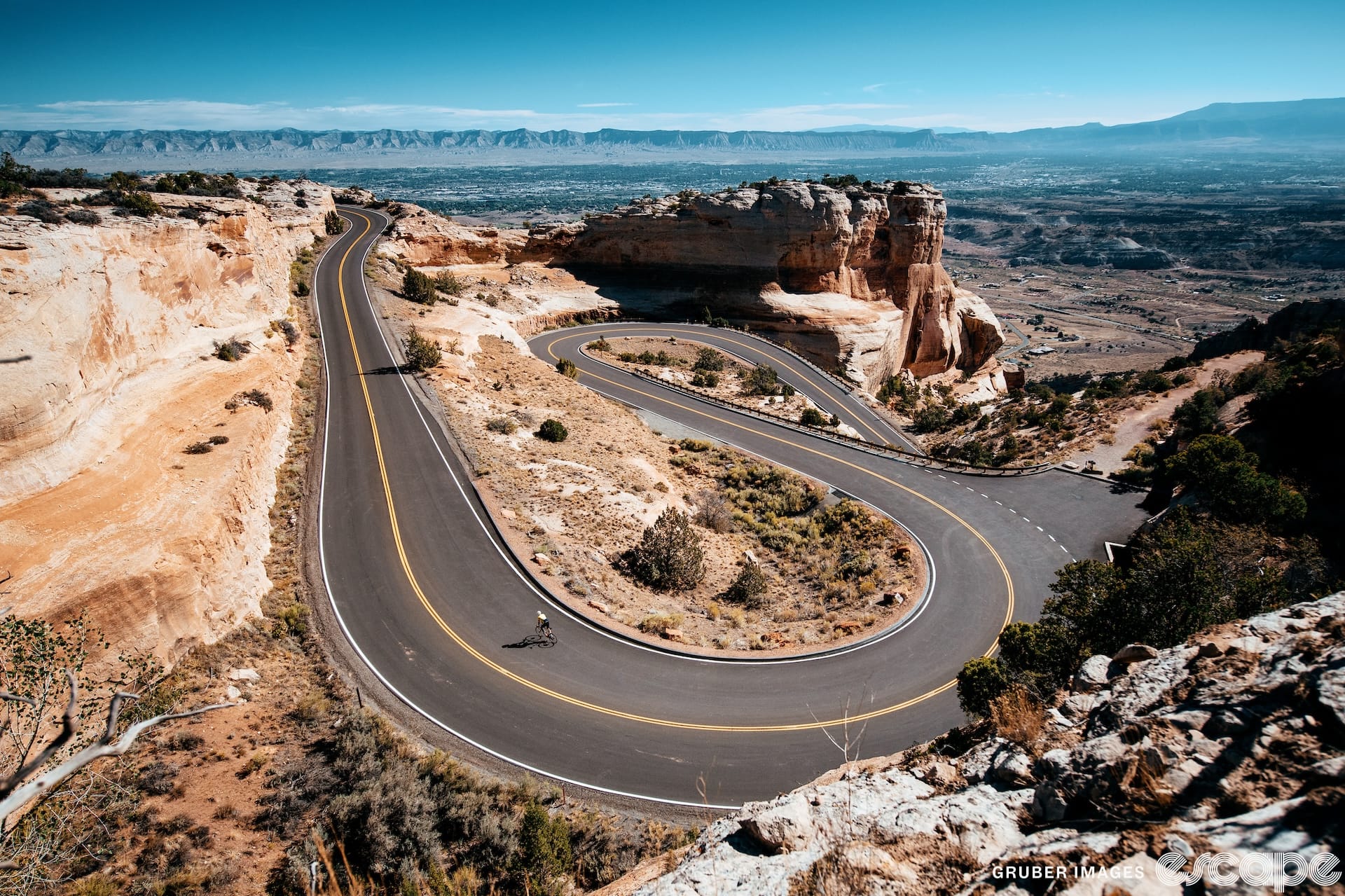
When I got to Taos, I was soaked. I considered breaking into a padlocked shack to sleep for the night, but the two tweakers dismantling a refrigerator nearby gave me reservations. At that very moment, I got a message from an old friend from Texas telling me they currently lived in Taos. What a brilliant stroke of luck! He put me up for the night. I was grateful to be dry and warm.
The next morning, I rode out to Taos Pueblo, not knowing exactly what to expect. I will confess, I was anticipating disappointment. We tend to create our own disappointments by building things up in our heads. And this one had been building up for years.
It was beautiful: this incredible adobe village that is one of the oldest continuously inhabited communities in the US. The people all looked like we could be related. They were all just hanging out, running their shops, selling art and jewelry to the tourists. Not in any contrived way. They weren’t embellishing their roles for the sake of peddling their wares. They were super chill people. I was relieved to see it.
I made my way around, checking out the shops. I know I looked peculiar. I was in Spandex. And I was crusted up with sweat, salt, dirt, and dead mosquitoes. It’s not glamorous. As I was looking around, this guy stopped me. We made some small talk. He asked what I was doing there. I told him the vague and quick version. “I know I’m Tiwa, but I grew up estranged from the culture. So I just wanted to come to experience it for myself.”
He replied in his thick accent, “Oh. You have hole. Needs to close.”
I nodded yes. I don’t think I’ve ever felt more naked.
I moved on to the next shop. The same thing happened again. The shopkeeper asked what I was doing there. I told him I just rode there from Boulder. He said, “To go to Taos?”
I said, “No. To come here. To the Pueblo.”
He asked why. So, I explained again. And this is where it started becoming intense. I’m not making this shit up; this is actually what happened.
He looked at me for a second, nodded, and said, “You’re fulfilling the prophecy of the lost children.”
“I’m what?” I said.
“We have a prophecy,” he explained, “that the lost children of the tribe will eventually return home when it is time for us to be restored to our traditional ways. That’s what you’re doing. That’s why you’re here.”
I’m gonna be totally honest. When he said that, I felt it. And it felt good. I felt something I had never experienced before, a sense of belonging. But there was a problem: I don’t believe in prophecy. I don’t believe in almost anything. But certainly not prophecy. In that moment, though, I wished I could. Because I felt it. The mind isn’t afforded the opportunity to choose what the heart feels. But, it does get to choose what we do with it. So, I thanked him and moved on.
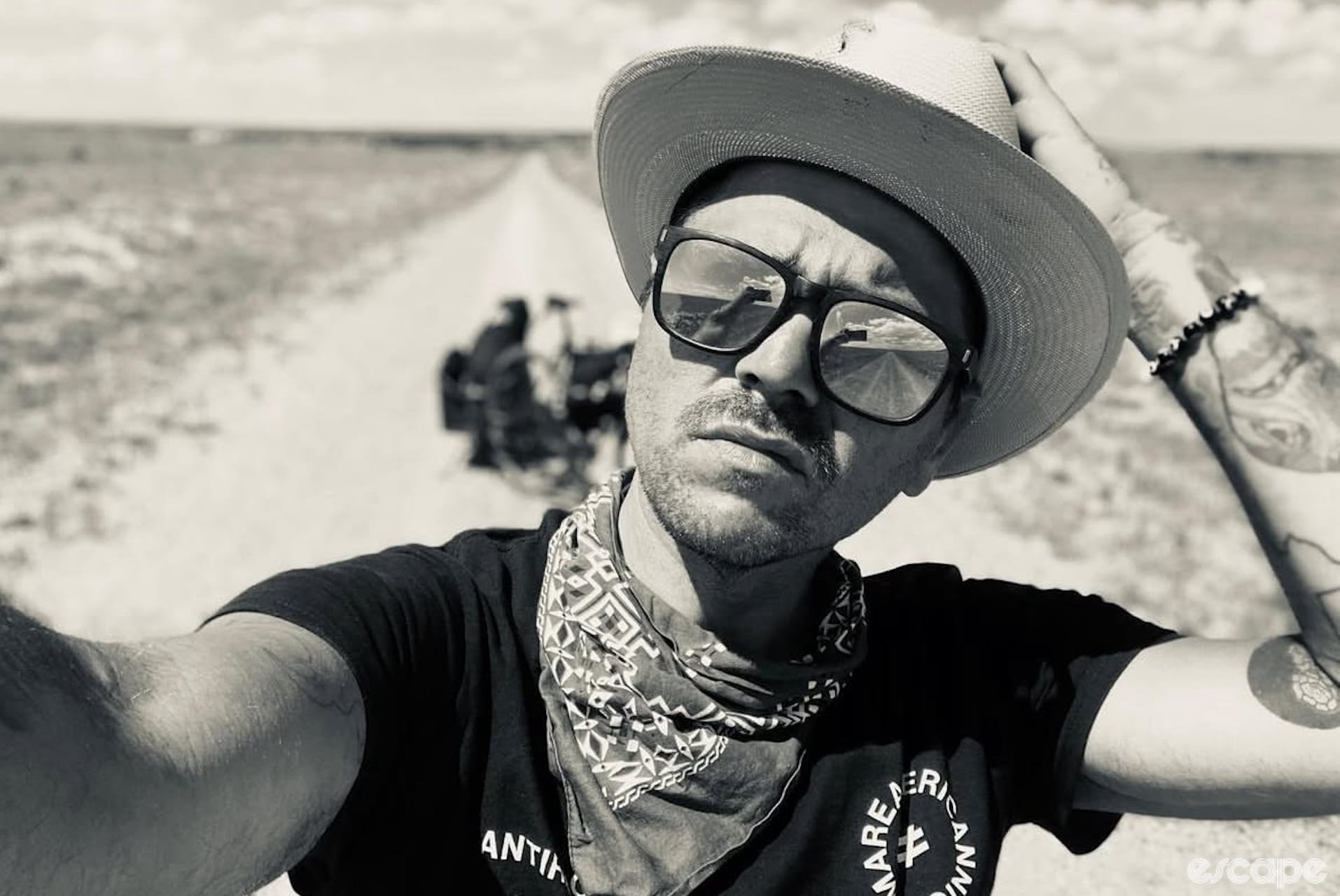
There was this little hut where they were serving Tiwa food. I got a plate and sat on a bench. The food I ate in that village was the same food I had eaten my entire life at my grandmother’s house. While I was eating and listening to the conversations around me in Tiwa, things started to fall into place. I understood that the culture still found its way through the generations. Bits and pieces.
My thoughts were interrupted when this dude sat down next to me. He introduced himself and asked what I was doing there. I gave him the same explanation I’d been giving everyone else.
He paused for a moment, then said, “You see that mountain?” He pointed behind me to Wheeler Peak, the highest summit in New Mexico. “That’s our sacred mountain. There’s a lake up there. Next week, we’re all making the journey there. On foot. No horses. It’s supposed to be difficult. That’s part of the ritual. You have to do the difficult journey to appreciate the destination. And, that’s exactly what you just did. That’s why you’re here. Because it’s part of you.”
Now, this made sense. This was real to me. It was a huge aspect of why I was there. I was in the throes of my own ritual. Kenosha Pass. The storm. The wind shifting. That was my difficult journey up the sacred mountain. This pueblo, the people, this was my secret lake.
Then he asked where I was staying. I told him I didn’t know. He said, “I have a house for you. It’s small. But it’s yours while you’re here. You can come and go as you please. Nobody will mind.”
I spent the next two days there helping him work on the land around his house on the reservation. I had nothing to give except my time and labor. And he understood my gesture.
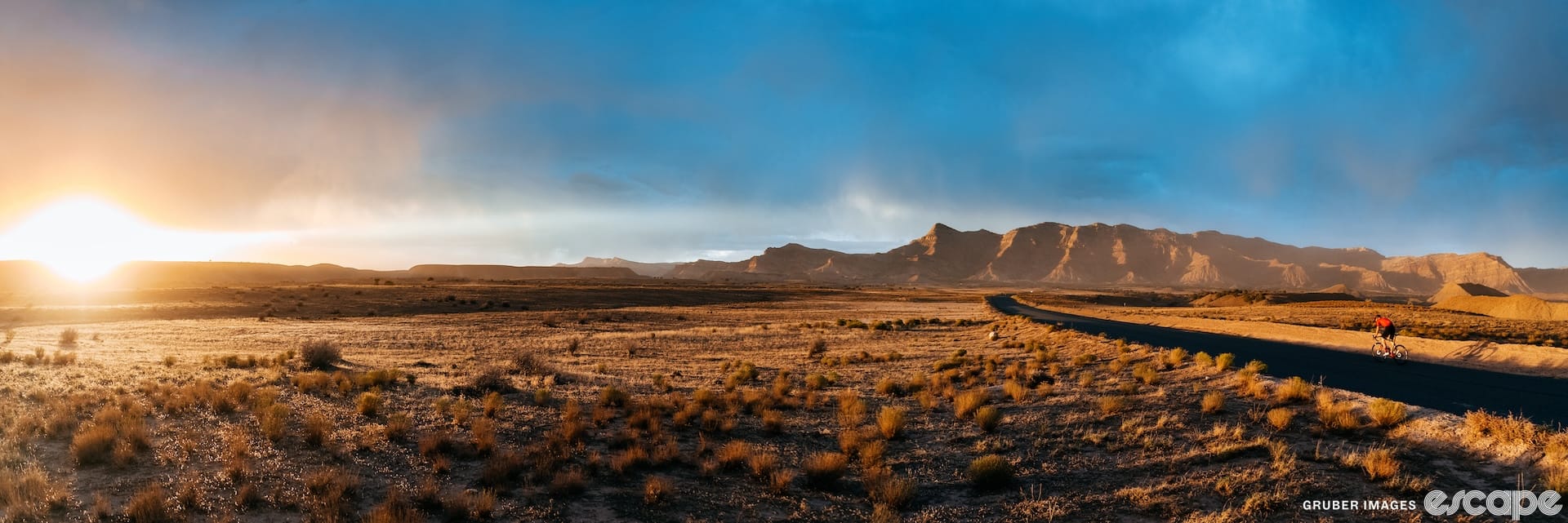
The last night I spent alone at his house, he showed up. Emotional. Lamenting to me over his own situation, his own questions of identity, of how to be Tiwa in our modern colonized world. He expressed feeling torn between wanting to help his people any way he could, and how to balance that with maintaining the traditional ways. I just listened.
Then, I realized he was looking to me for some kind of consolation. Or advice. I was like, “Hey, bro, I’m sorry, but you got the wrong guy. I’m not about to sit here and tell you how to be Tiwa. That’s not my place. I’m here for my own similar questions.” Then I thought about it for a second and added, “But, as a product of mixed blood myself, I will say, the toothpaste don’t go back in the tube.”
I genuinely do not think I was any comfort whatsoever. Except maybe as an ear to listen. But I was strangely comforted. Because I was reminded of how we’re all afflicted by these questions. When it comes down to it, none of us really know what we are, let alone who we are. What we ought to do. We don’t know shit. And it’s in this not-knowing, in the uncertainty, not in prophecies, where I feel most profoundly a sense of belonging.
My problem was that identity, by its nature, is empty – a hole that only closes because you stop peering into it. This whole experience, I was learning how to engage with the unknown in a way that satisfied my disquiet. Doubt is the stone that sharpens will. The answer, if there was one, was in the effort made. It was the ride itself. The self overcoming. I had to actually do something difficult to actualize my agency in this world. To affirm my existence, I had to try something I wasn’t sure I could do. And, now I have to keep making that effort.
Did we do a good job with this story?

